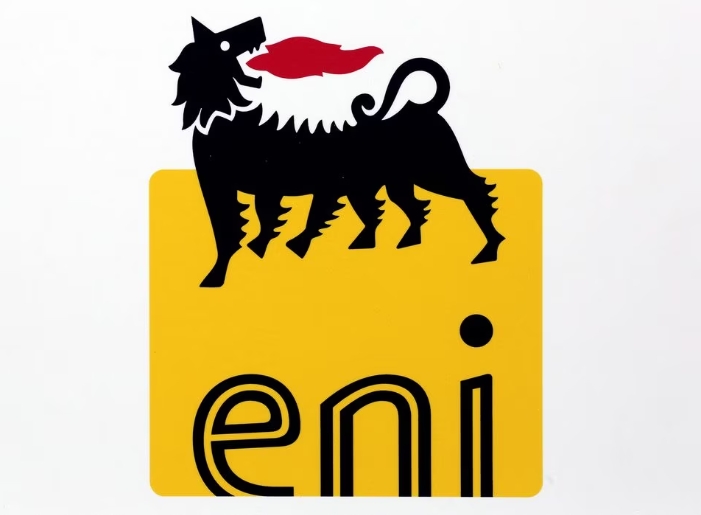
Its first LNG project - called Coral Sul - made the impoverished African country a global producer and exporter of LNG from November and the new project would further bolster Mozambique's output.
This could also boost Eni's gas output from Africa which it can transfer to Europe, helping diversify Europe's gas sourcing in the next few years, its CEO Claudio Descalzi said in January.
"Job done? Not yet. It is 90% done and we are aiming to have the FID (final investment decision) during H1 in 2024," one of the sources said, adding the floating LNG ship would start producing and exporting within four years.
He did not wish to be named as he is not authorised to speak on investment timelines.
Descalzi and Italian Prime Minister Giorgia Meloni will travel to Mozambique and Republic of the Congo later this week to strengthen ties between Italy and those countries, where Eni is developing LNG ventures, an Italian government source said, adding they were not expected to sign any new energy deals.
A final investment decision is a point in a project's development where a major investment commitment is taken and is effectively seen as the final go ahead.
Eni is the operator of Coral Sul, more than two-thirds of which is jointly owned by Eni, Exxon Mobil (XOM.N) and China's CNPC. Portuguese energy firm Galp, Korean Gas Corp. and Mozambique's state oil company ENH are the minority partners with 10% each.
The gas field located in Mozambique's offshore Rovuma basin, called Coral field, is estimated to hold 500 billion cubic metres of natural gas.
Coral Sul is currently producing 3.5 million tonnes of LNG and the new LNG ship could double the output, the source said.
The joint venture partners could take time to agree on investment, but it is mostly "ready to go," he said.
"If there is an item where the JV is fully aligned, it is on the equity lifting," the source said, meaning the partners would take a share of production in proportion to their equity stakes.